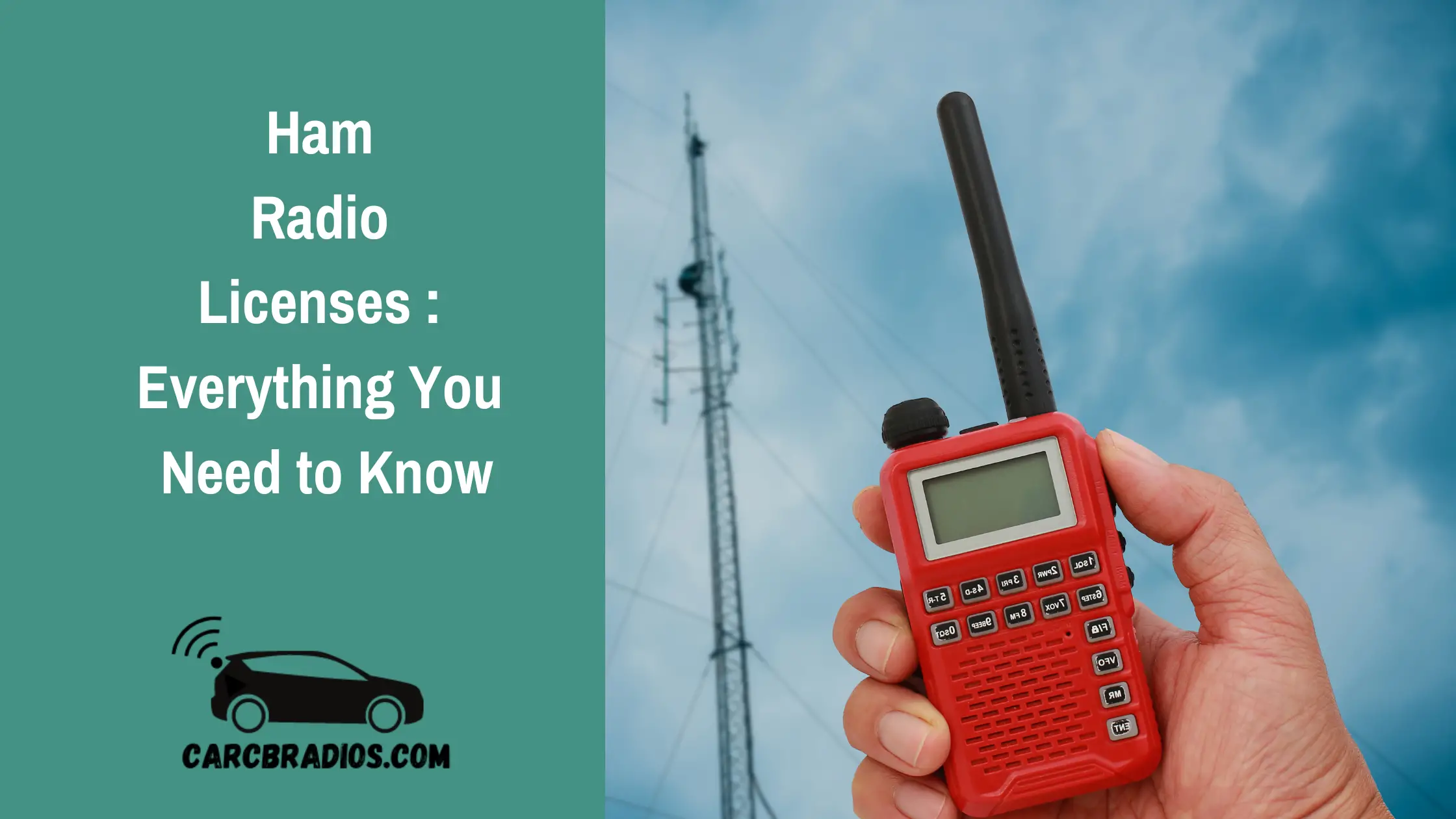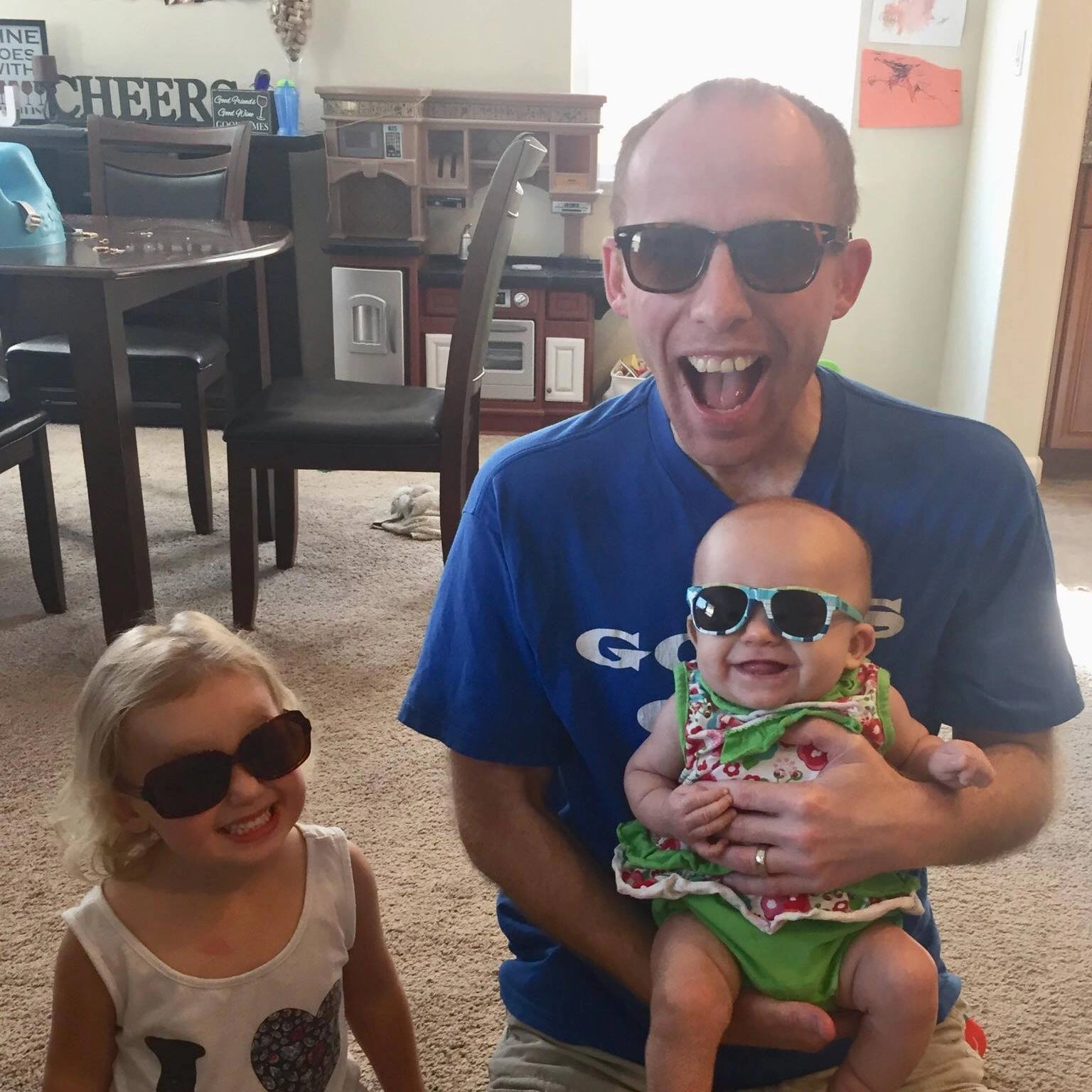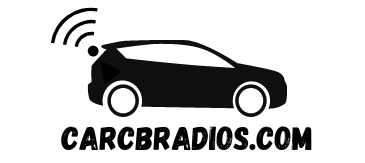By: Jeremy Neisser
In the U.S., obtaining an amateur radio license requires passing exams administered by Volunteer Examiners authorized by the Federal Communications Commission (FCC).
There are three license classes available: Technician Class, General Class, and Amateur Extra Class. Each license class has different requirements and privileges.
Which license class is right for you? Well, it depends on what you want to achieve with amateur radio and how much you want to learn about the technology.
In this guide, I will provide you with an overview of the different license classes and their requirements. I will also answer some frequently asked questions about amateur radio licenses.
By the end of this guide, you will have a better understanding of which license class is right for you and how to obtain it. You can learn more about obtaining your license here.
Key Takeaways
There are three license classes available: Technician Class, General Class, and Amateur Extra Class.
Each license class has different requirements and privileges.
To obtain an amateur radio license, you must pass exams administered by Volunteer Examiners authorized by the Federal Communications Commission (FCC).

General License
The General License Test
To obtain a General Class license, one must pass a 35-question exam that requires more in-depth knowledge than the Technician Class exam. The questions cover a wide range of topics, such as AC circuit power calculations, digital logic, and toroidal inductors.
To answer the questions correctly, one must understand the concept of RMS voltage and how to calculate the RMS value of an AC waveform.
General License Privileges
The General Class license grants operators all of the privileges of the Technician Class license, as well as additional HF privileges.
These privileges include:
Operating digital modes: Generals can operate all digital modes on HF, including FT8, which is the most popular mode on the HF bands.
Operating SSB phone on HF bands below 28 MHz.
Operating on the 20-meter band: This band is considered the best band for "working DX," or making contacts with stations in foreign countries.
Participating in more contests: Generals have more operating privileges, which allows them to more fully participate in amateur radio contests than Technicians.
Administering amateur radio examinations: Generals can become Volunteer Examiners (VEs), although they are only allowed to administer Technician Class exams.
Generals are also allowed to operate at full output power of 1500 W on most of the HF bands. These privileges open the door to world-wide communications and give operators the ability to communicate with other operators from around the globe.
Overall, obtaining a General Class license requires more knowledge than the Technician Class license, but it also grants operators more privileges and the ability to do more in amateur radio.
You May Be Interested in: Frequencies That Can Be Used Without A License
Technician License
The Technician License Test
To obtain a Technician Class license, you must pass a 35-question multiple-choice exam. The exam covers basic concepts of amateur radio, including electricity and electronics, radio-wave characteristics, radio operation, operating procedures, and the rules and regulations governing amateur radio.
While the exam is not easy, it is written to ensure that you have been exposed to some of the basic concepts of amateur radio.
For example, you will need to know Ohm's Law, how to calculate power, and something about schematic diagrams and the component symbols that you find on them to answer questions on basic electricity and electronics.
Technician License Privileges
The Technician Class license has fewer privileges than other licenses, but it still allows for many cool things. Technicians have full privileges in the amateur radio bands above 50 MHz, which means they can operate any mode at power levels up to 1,500 W.
Below 30 MHz, privileges are more limited. Technicians can operate CW on 80 meters, 40 meters, and 15 meters, and CW and SSB on 10 meters, with a maximum power output of 200 W.
Technicians can:
Operate a repeater station, which helps local hams keep in touch with one another. If you connect your repeater to the EchoLink, DMR, D-STAR, or other digital networks, your repeater users can make contacts with hams around the world.
Make contacts via satellites. There are many low-Earth orbit (LEO) satellites, including the International Space Station, that are available for amateur radio use. Technicians have full privileges in those bands, allowing them to operate the satellites.
Operate drones with their amateur radio privileges, which gives them more range than they can achieve with unlicensed equipment.
Participate in emergency communications. Most emergency communications are local communications that take place on VHF and UHF frequencies.
Set up a mesh network. Mesh networks are wide-area networks that use radio links, usually at frequencies above 900 MHz, to connect nodes. Mesh networks are often used for emergency communications in situations where cell towers and internet service have been interrupted.
Operate CW on the HF bands. While Technicians are limited to operating CW on most HF bands, and CW and SSB phone on 10m, some do get on these frequencies and make long-distance contacts with stations both inside the U.S. and in foreign countries.
Amateur Extra License
Amateur Extra License Test
To obtain an Amateur Extra Class license, one must pass a 50-question test that requires in-depth knowledge of electronics and radio phenomena. The exam covers topics such as the differences between types of logic devices, antenna radiation patterns, and the Smith Chart. Passing this test requires more than just memorization of answers.
Amateur Extra License Privileges
The Amateur Extra Class license offers all the privileges of the Technician and General Class licenses, as well as access to all frequencies and modes on the HF bands. This includes the ability to operate voice, data, and CW on HF frequencies reserved solely for Amateur Extra Class operators.
These frequency privileges allow Extra Class operators to more easily work DX stations and operate under less crowded conditions. Additionally, Amateur Extra Class license holders are authorized to administer all three amateur radio license examinations.
Obtaining an Amateur Extra Class license not only grants additional privileges, but also provides a deeper understanding of electronics and radio phenomena. This knowledge can be used to experiment with antennas and electronics with more confidence.
Which License is Right for You?
As a beginner in the amateur radio hobby, a Technician Class license may be the best option for you. This license gives you all privileges above 50 MHz and allows you to engage in activities such as VHF/UHF repeaters, emergency communications, weak-signal VHF/UHF communications, satellite communications, and drones.
However, if you want to do more in amateur radio, you can choose to pursue a General Class or Amateur Extra Class license. The General Class license gives you all Technician Class privileges and additional privileges such as CW, phone, and digital on selected portions of all the amateur radio bands.
On the other hand, the Amateur Extra Class license gives you all amateur privileges, including the ability to administer Technician, General, and Extra Class exams.
When choosing a license, it's important to consider what you want to do in amateur radio and what privileges you need. Whatever license you choose, the most important thing is to have fun and enjoy the hobby.
- You Might Be Interested in: Best Ham Radio
Here is a table that shows the number of exam questions and typical activities for each license:
Class | Exam Questions | Privileges | VE Privileges | Typical Activities |
Technician | 35 | All privileges above 50 MHz. CW, SSB on 10 m, CW on 80 m, 40 m, and 15 m. | Cannot administer amateur radio exams. | VHF/UHF repeaters, emergency communications, weak-signal VHF/UHF communications, satellite communications, drones |
General | 35 | All Technician Class privileges, plus CW, phone and digital on selected portions of all the amateur radio bands. | Can only administer Technician Class exams. | DXing, contesting, HF digital modes, award chasing |
Amateur Extra | 50 | All amateur privileges. | Can administer Technician, General, and Extra Class exams. | DXing, contesting, experimenting, volunteer exam administration |
Grandfathered Licenses
The Novice and Extra Licenses
The Novice and Extra licenses were once issued by the FCC, but they are no longer available to new applicants. However, if you search the FCC license database or consult a frequency allocation chart, you may still find licensees with these licenses. The FCC allowed these operators to keep their license after they stopped issuing new ones.
As long as they keep renewing the licenses, these hams will have the privileges they were given when they obtained those licenses.
You may be interested in: Differences between CB Radio & Ham Radio
Frequently Asked Questions
What are the different levels of ham radio licenses?
There are three levels of ham radio licenses: Technician, General, and Amateur Extra. Each level requires passing an exam that covers radio theory, regulations, and operating practices.
What is the difference between the ham radio licenses?
The main difference between the ham radio licenses is the frequency privileges they grant. The Technician license grants access to all amateur radio frequencies above 30 MHz, while the General license grants access to all frequencies above 1.8 MHz. The Amateur Extra license grants access to all frequencies.
Is it worth getting a ham radio license?
Getting a ham radio license can be worth it if you are interested in radio communication and want to join a community of like-minded individuals. Ham radio operators can communicate with people all over the world, participate in emergency communication efforts, and even use radio to support scientific research.
How long are ham radio licenses good for?
Ham radio licenses are good for 10 years from the date of issuance. After 10 years, licensees must renew their license by passing an exam or demonstrating that they have continued to participate in the amateur radio community.
What are the privileges of ham technician license?
As of 2023, the Technician license grants access to all amateur radio frequencies above 30 MHz, allowing operators to communicate locally and most often within North America.
What is the cost of obtaining a ham radio license?
The cost of obtaining a ham radio license varies depending on the exam fee and any study materials or equipment needed. Exam fees typically range from $15 to $50, and study materials and equipment can cost anywhere from a few dollars to several hundred dollars. However, there are many free resources available online to help aspiring ham radio operators prepare for their exam.

Hi & Welcome!
My name is Jeremy and I have been an avid car nut for many year. My first car was an 1987 Honda CRX. I put in my first Kenwood stereo, amp, 2 10" JLs and a CB Radio in it and have been an avid user of CBs and car radios for years. I'll do my best to share my tips, information and thoughts to help you with whatever question you might have, ABOUT ME
After I graduated from High School, I worked 5 years are Radio Shack and 3 years at Circuit City answering questions and helping customers with various electronics questions.
